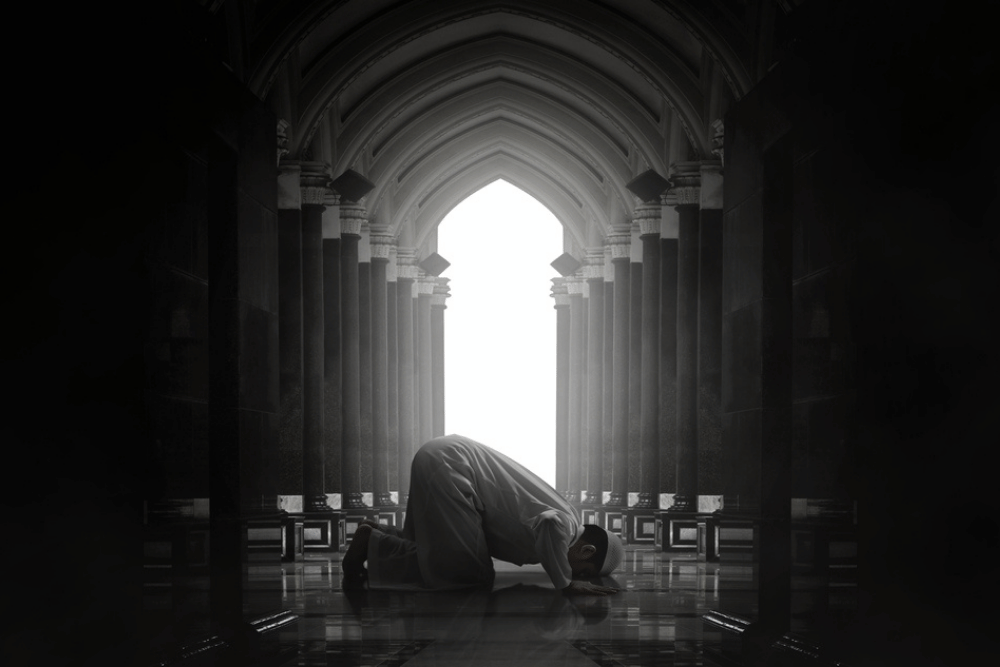The Trap of Human Expectations
Seeking Only from Allah سبحانه و تعالى
And do not confer favor to acquire more. But for your Lord be patient.
(Surah Al- Muddaththir, Ayah 6-7)
(Ibn Abi Ad-Dunya)
Allah says: ‘I am just as My slave thinks I am, (i.e. I am able to do for him what he thinks I can do for him) and I am with him if He remembers Me. If he remembers Me in himself, I too, remember him in Myself; and if he remembers Me in a group of people, I remember him in a group that is better than they; and if he comes one span nearer to Me, I go one cubit nearer to him; and if he comes one cubit nearer to Me, I go a distance of two outstretched arms nearer to him; and if he comes to Me walking, I go to him running.
(Saheeh Al-Bukhari, Hadith 7405)
Trusting Allah سبحانه و تعالى in Trials and Supplication
Whoever suffers from poverty and he beseeches the people for it, his poverty shall not end. And whoever suffers from poverty and he beseeches Allah for it, Allah will send provisions to him, sooner or later.
(Jami’ at-Tirmidhi, Hadith 2326)
Prophetic Examples of Unshakable Trust
And when the two companies saw one another, the companions of Moosa said, “Indeed, we are to be overtaken!
[Moosa] said, “No! Indeed, with me is my Lord; He will guide me.
Then We inspired to Moosa, “Strike with your staff the sea,” and it parted, and each portion was like a great towering mountain.
(Surah Ash Shu’ara, Ayah 61-63)
Do not grieve; indeed, Allah is with us.
Then Allah sent down His Sakeenah (calmness, tranquillity, peace) upon him, and strengthened him with forces (angels) which you saw not, and made the word of those who disbelieved the lowermost, while the Word of Allah that became the uppermost; and Allah is All-Mighty, All-Wise.
(Surah At-Tawbah, Ayah 40)
O Abu Bakr! What do you think of two (persons) the third of whom is Allah?
(Sahih Al-Bukhari, Hadith 3653)
The Role of Certainty in Supplication
Call upon Allah while being certain of being answered, and know that Allah does not respond to a supplication from the heart of one heedless and occupied by play.
(Sunan At-Tirmidhi, Hadith 3479)



